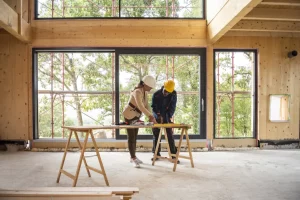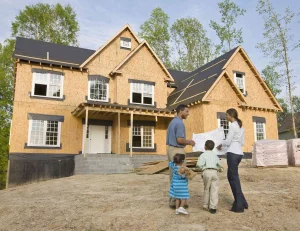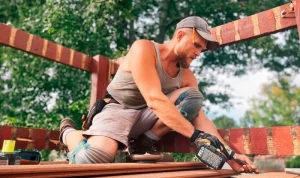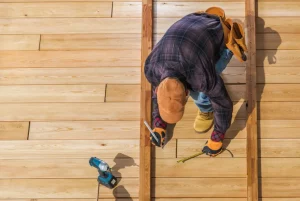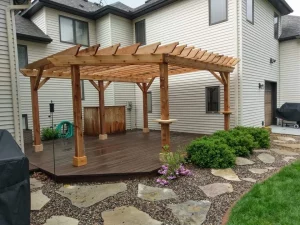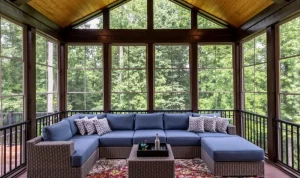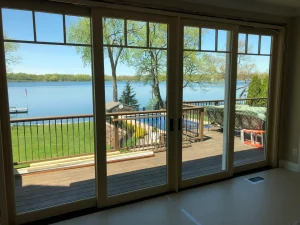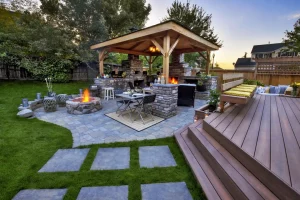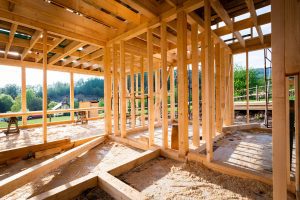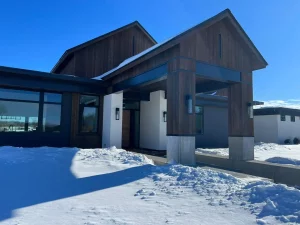10 Deck Privacy Ideas That Increase the Home Values
That’s where these deck privacy ideas come in handy! By creating a secluded backyard retreat on your deck space, you’ll enhance both its functionality and aesthetic appeal while increasing the overall value of your home.
Explore various solutions to transform your open-air oasis into a tranquil outdoor retreat!
What Is Deck Privacy?
Deck privacy is all about making your deck or patio feel like a private oasis where you can relax and unwind without feeling exposed. This involves shielding your deck or patio from unwanted attention.
By blocking views from neighboring houses, minimizing noise disturbances, and creating a cozy atmosphere, the goal is to create a quieter and more secluded atmosphere. You can accomplish this by adding privacy screens, fences, plants, vines, decorative panels, and curtains, among many others!
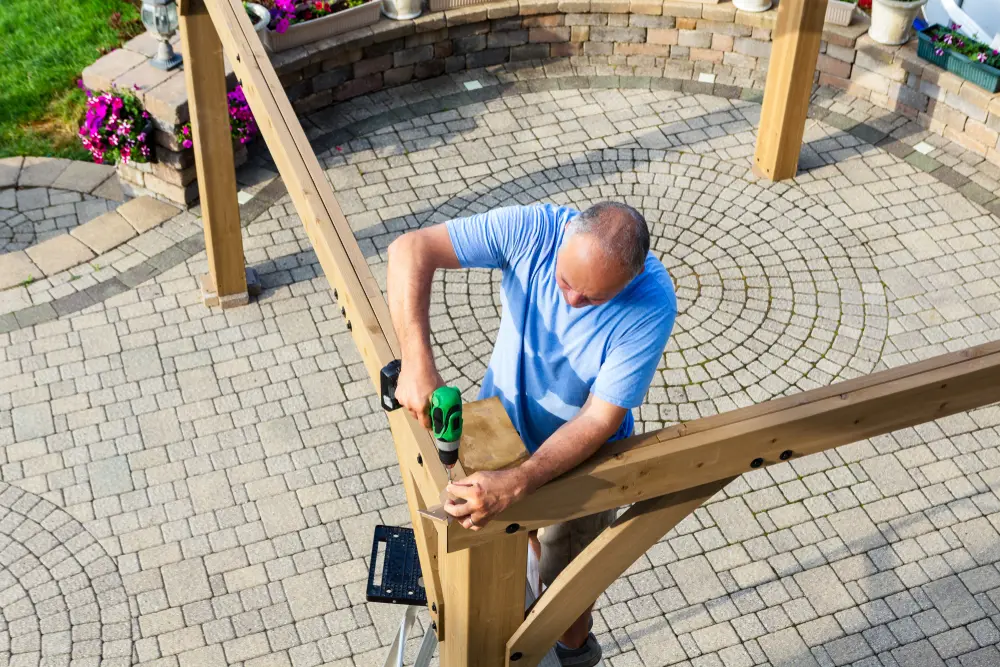

Why Is It Important?
Having deck privacy is essential for several reasons. First and foremost, it creates a sense of comfort and tranquility in your outdoor space, allowing you to fully enjoy your backyard without feeling exposed to prying eyes or nosy neighbors. It also helps block out unwanted noise from the surrounding area, providing a peaceful environment for relaxation.
Moreover, enhancing deck privacy can significantly increase the value of your home. According to industry experts, homes with well-designed outdoor living spaces that offer privacy options tend to fetch higher prices in the real estate market.
What Are Some of the Problems with Deck Privacy?
One of the primary issues homeowners face when their deck lacks privacy is a lack of seclusion from neighboring properties. It can feel like your every move is on display, making it challenging to relax and enjoy some personal time outdoors.
Unwanted views from surrounding areas can also be a concern. Whether it’s nosy neighbors or unsightly scenery, having your peaceful oasis interrupted by intrusive sights can take away from the tranquility you desire.
Another problem is harsh sunlight or glare on your deck. Without proper shading or privacy solutions, spending time outside during hot summer days might become unbearable due to excessive exposure to direct sunlight.
Furthermore, if you have young children or pets that love playing in outdoor spaces, maintaining their safety becomes more difficult without adequate privacy measures in place. Keeping an eye on them might prove tricky if everyone around has clear line-of-sight access to your deck area.
Addressing these problems with effective deck privacy ideas will not only enhance comfort but bring peace of mind as well!
10 Deck Privacy Ideas You’ll Love
Ready to transform your deck into a private sanctuary that rivals the most luxurious outdoor spaces? We’re going to explore 10 creative and practical deck privacy ideas that will enhance your home’s environment while adding value.
-
Build a Trellis
One fantastic way to add some privacy to your deck is by building a trellis. This architectural feature not only adds visual appeal but also breaks up the line of sight, creating a sense of privacy and coziness. Consider constructing a patterned wood trellis on the deck railing, which provides both aesthetics and functionality.
To enhance privacy even further, you can plant shrubs or hedges alongside the deck. These green additions will help block views and create an enchanting natural barrier between your space and the outside world.
Remember, while it may not completely shield your outdoor oasis from view, incorporating a trellis with lush vegetation is sure to elevate both the beauty and intimacy of your deck area.
-
Add a Wall
Another great way to add privacy to your deck is by incorporating a wall. A privacy wall, whether it’s made of wood or another suitable material, can create an intimate and secluded outdoor space that feels like your own personal oasis.
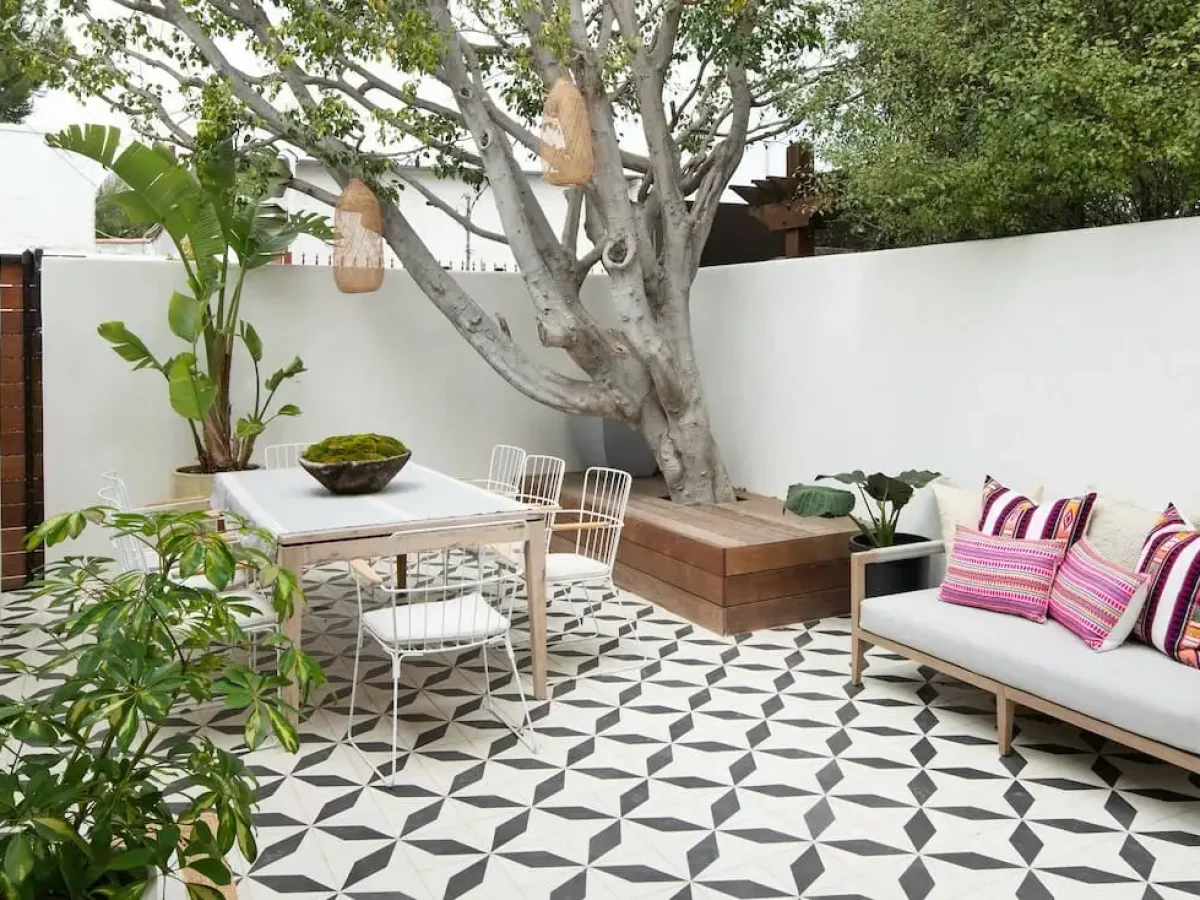

If you have a deck, you might want to consider installing a decorative privacy fence to block unwanted views and add some style to it. Further enhancing the ambiance is possible by incorporating beautiful plants along the edge of the deck and incorporating container gardens that soften its overall look while making it even more appealing.
-
Build a Lattice
A lattice is not only a practical solution for deck privacy, but it also adds a touch of modern elegance to your outdoor space. You can incorporate the lattice as part of a pergola or use it separately as an independent privacy feature.
Made from wood, lattices come in various fence styles and colors that can be customized to seamlessly blend with your home’s exterior design. The beauty of the lattice lies in its versatility. You have the opportunity to amp up privacy by adding climbing vines or other greenery that fills every gap.
Additionally, you can utilize the lattice as a creative vertical gardening space by displaying your favorite flowers around the deck area. To ensure durability and enhance curb appeal, consider staining it similarly to your existing deck color while providing protection against premature decay. A stained lattice will make maintenance hassle-free while giving an instant boost to aesthetics!
-
Plant Trees
When it comes to adding privacy to your deck, harnessing the power of nature is a smart move. Instead of clearing the ground completely when building your deck, consider leaving existing trees untouched or even planting new ones strategically.
An established tree near your deck can provide shade and create a natural canopy that adds privacy while creating an inviting atmosphere. Not only does it offer visual coverage, but it also dampens noise from the outside.
You can further enhance this effect by surrounding the edges of your deck with lush plantings, such as shrubs or potted flowers. These green additions not only soften the boundaries but also give a sense of seclusion so you can enjoy peaceful moments in your outdoor haven.
-
Split the View
If blocking the view of your entire deck isn’t feasible, you can still create pockets of privacy by focusing on a particular section. One clever idea is to incorporate a stunning vegetable garden or vibrant grasses in an area that draws attention away from more visible parts of your deck.
By placing this eye-catching feature close to the stairs or entrance, you not only add visual interest but also make your deck feel more intimate and secluded. It’s like creating a beautiful distraction that enhances both privacy and aesthetics!
-
Create a Canopy
Want to enjoy shade and privacy on your deck? Consider having a canopy. Installing a traditional awning offers dual benefits by providing protection from the sun’s rays, as well as adding an extra layer of privacy.
Awnings come in various styles and designs, including retractable options that allow you to customize when you want to use them. Opt for a fabric that compliments your home’s aesthetic and landscaping. It not only creates privacy but also enhances the overall style of your outdoor space.
-
Add Height with Hedges
If installing a fence isn’t an option, consider creating deck privacy by planting tall hedges along the perimeter. These leafy barriers not only block unwanted views but also help to tame high winds and buffer noise from the surroundings.
Certain varieties of hedges, such as Juniper or Japanese Euonymus, are fast-growing and respond well to pruning. This means you can enjoy their benefits sooner rather than later in terms of increased privacy on your deck.
-
The Use of Evergreen Trees
Thinking long-term? Consider planting dense evergreen trees around your deck for ultimate privacy. These magnificent green beauties act as a natural barrier, blocking views and filtering unwanted noise while providing a luscious backdrop to your outdoor oasis.
They offer complete coverage and also come in various colors, shapes, and sizes. You’ll find options ranging from tall spruces to slender columnar types that fit perfectly into smaller spaces without overpowering the deck area.
-
Add a Pergola
A pergola is not only an elegant addition to your deck but also a great way to add privacy and create an enchanting outdoor space. Adding a “ceiling” structure with open slats allows just the right amount of light and shade while still offering some seclusion.
To enhance privacy further, think of incorporating climbing vines such as jasmine or wisteria that will gracefully adorn the pergola over time. The combination of the structure itself and lush greenery can transform your deck into a private oasis where you can relax in peace and tranquility.
-
Add a Large Umbrella
A large deck umbrella not only provides shade from the scorching sun, but it can also offer an added layer of privacy. While other privacy screens may not completely block the view from second-floor windows in neighboring homes, the canopy of an umbrella shields you from their line of sight.
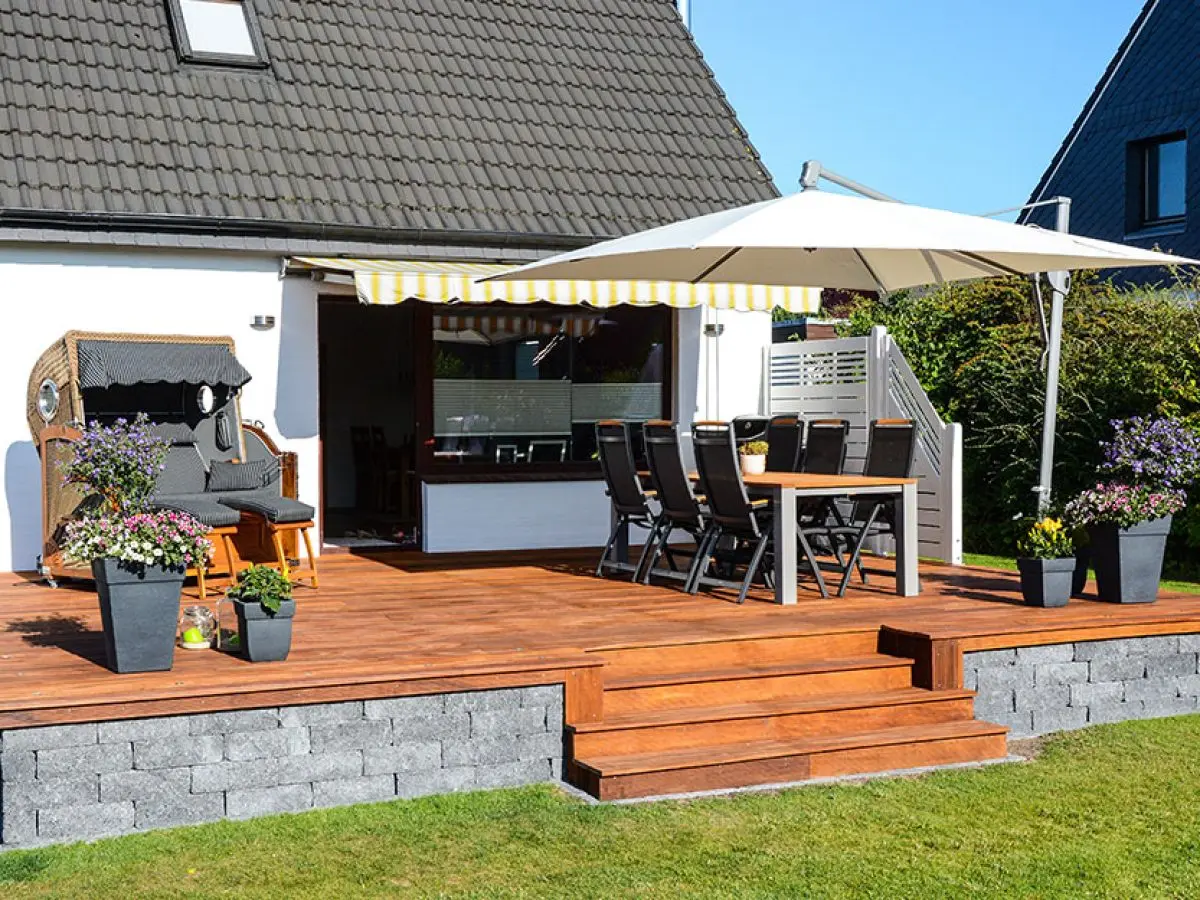

Imagine enjoying your outdoor oasis without worrying about prying eyes. By strategically positioning a big umbrella over your deck space, you create a cozy and secluded spot where you can relax with peace and tranquility. Plus, umbrellas come in various colors and styles to complement any outdoor decor!
Conclusion
Creating a deck with ample privacy is more than just adding practicality and value to your home—it’s about crafting a personal oasis that reflects your style and allows you to fully enjoy your outdoor space. By exploring the various ideas for deck privacy we’ve discussed, you can transform an ordinary deck into a secluded retreat tailored to suit your needs.
Put some of these ideas into your deck and start experiencing the joy of having an outdoor sanctuary right in your own backyard. Brewer Built LLC can cover all your needs when you are looking for professional assistance in designing or constructing the perfect deck with privacy features. We are experts in building new decks and custom homes.
Visit us for more information on how we can help bring out the full potential of your outdoor living space. Don’t wait any longer—create an intimate oasis where tranquility reigns today!
Your dream backyard escape is just within reach! Contact us now.



